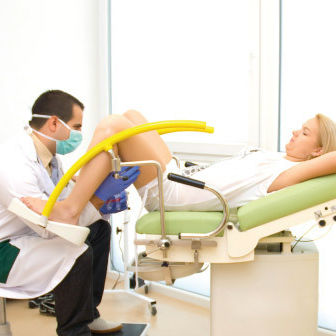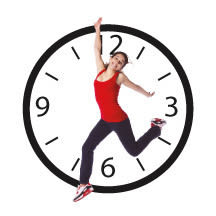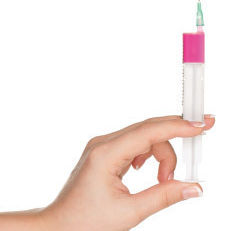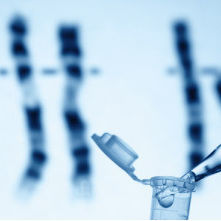Menopause: Handle with Care
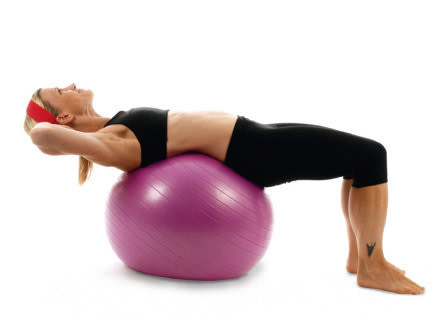
Do I need to take hormones?
Doctors used to give every postmenopausal woman hormones, but these days they are only prescribed for symptom management. If a woman is troubled by hot flashes that greatly affect her quality of life, they will dissipate after about two weeks of supplemental estrogen, Dr. Adams says. Also, the lower estrogen levels in women who are around 60–65 may manifest themselves in vaginal dryness or burning. This can be remedied topically, Dr. Adams says, with a vaginal estrogen cream, tablet, or ring.
But aren’t hormones dangerous?
It’s definitely not a one-size-fits-all kind of therapy. “Research has shown that women who are on combined estrogen and progesterone have higher rates of breast cancer and blood clots, though lower risk of bone fractures,” Dr. Adams says. “There is also data that shows women who begin hormone therapy at the start of menopause and continue it regularly have lower rates of dementia. But ultimately it’s all about your priorities, medical history, and family history.”
Is my sex life going to change?
Many women find that they’re not quite as into it as they used to be. Dr. Adams urges that this is something to be discussed with your health care provider. “If you have pain during intercourse, something is wrong,” she says. “There’s a lot we can do to help women have a satisfying sexual relationship with their partners.”
Will I gain weight?
Managing and maintaining a healthy weight before menopause should be your priority, Dr. Adams says: “In a large study of US nurses, weight gain between ages 30 and 50 was more important than any other factor in your risk of developing breast cancer.”
Will my bones get brittle?
Not only will regular exercise at any age help keep the pounds off, but it will also benefit your heart through aerobic exercise. Strength training is also important to maintain bone density and boost metabolism.
What about vitamin supplements?
Postmenopausal women should take 1,000–2,000 iu of vitamin D and 1,200 mg of calcium a day. Since the body can only absorb 500 mg of calcium at a time, though, space out your dosage. Dr. Adams also recommends a women’s formula multivitamin.
Do I need any more health screenings?
Women should get age-appropriate regular screening for mammography, colonoscopy, and bone density checks, as well as regular blood testing for chronic conditions like high cholesterol and diabetes. They should also work with their doctors to help identify risk factors or issues to pay attention to for health in the 70s and beyond. “Seven out of 10 leading causes of death are lifestyle-related,” Dr. Adams says. “We don’t have control over our genes, but we can control how healthy we are.”

